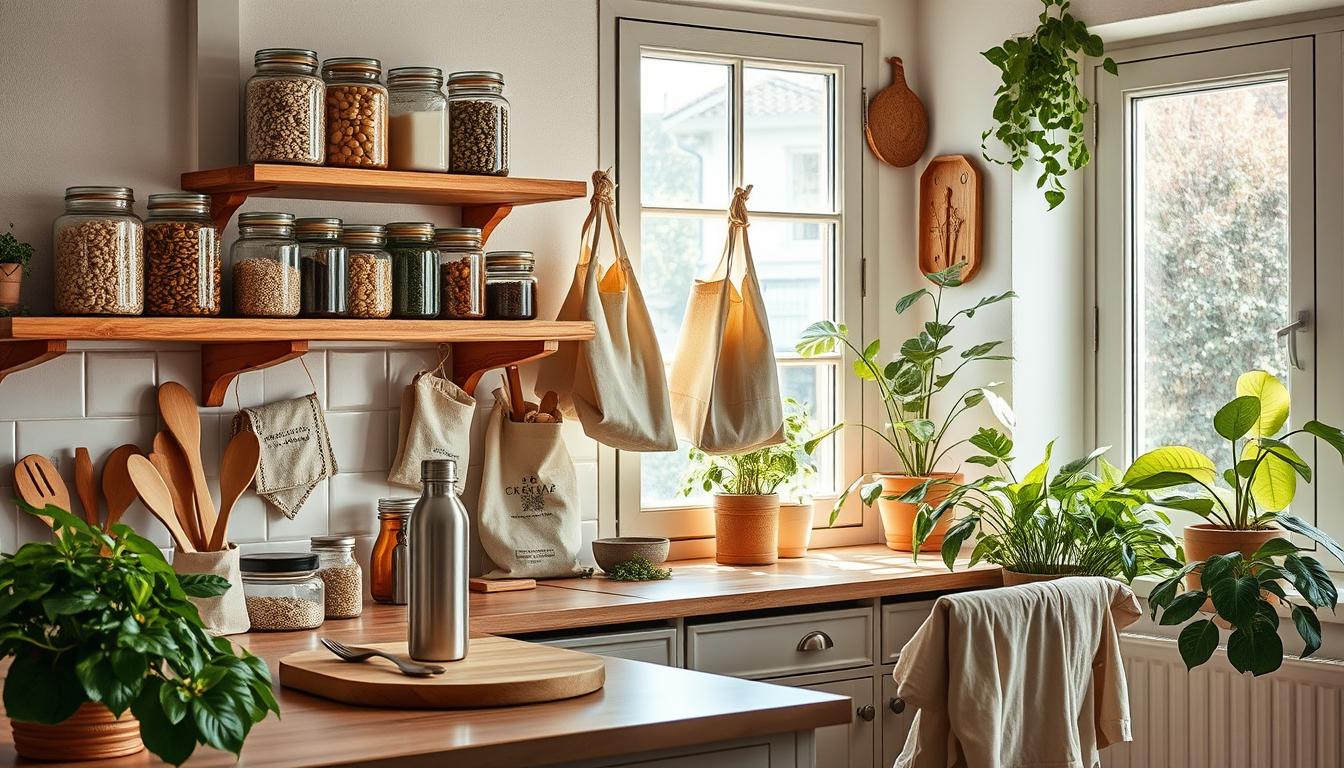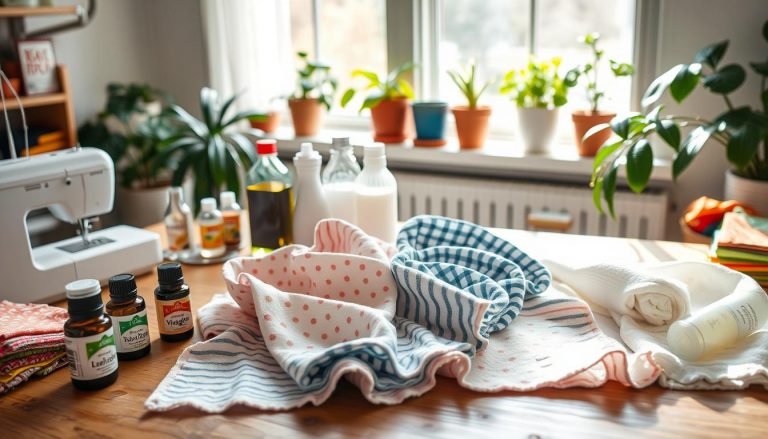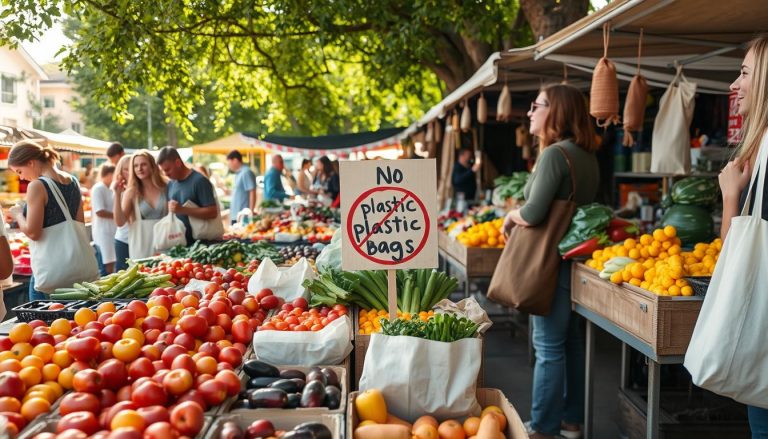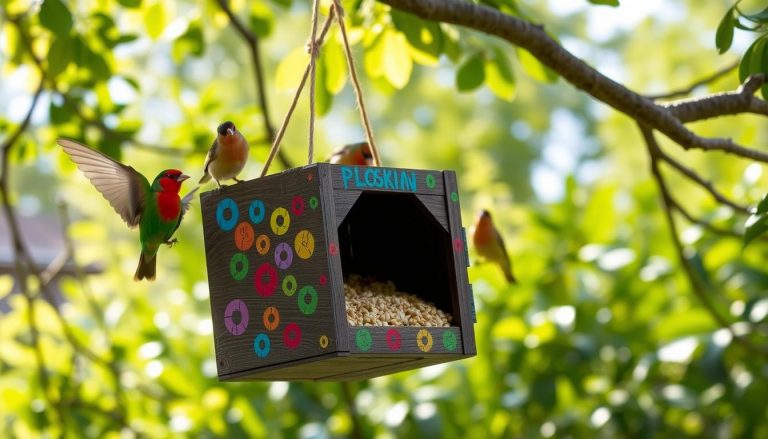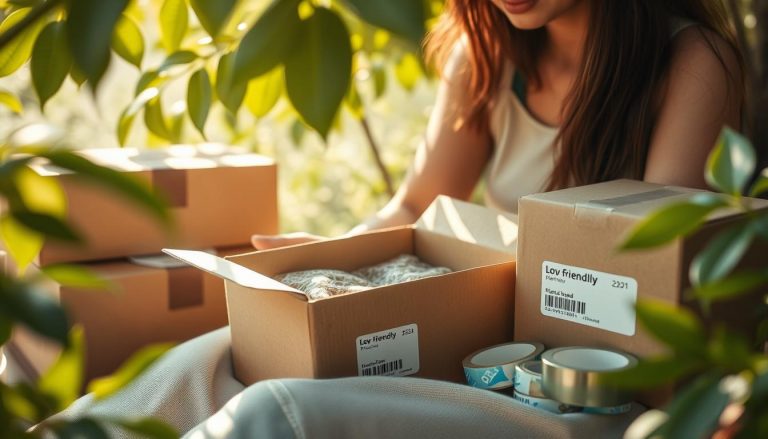Plastic Free Kitchen: Simple Eco Swaps
In today’s world, the importance of a plastic-free kitchen cannot be overstated. With a growing awareness of the detrimental effects of plastic on our environment and personal health, many are making strides toward eco-friendly cooking. The benefits of sustainable kitchen swaps are numerous, from reducing waste to promoting healthier eating habits. Reports from organizations like the Environmental Protection Agency reveal that a staggering 91% of plastic isn’t recycled, resulting in significant pollution. Additionally, studies have shown that plastic can leach harmful chemicals into our food, raising valid health concerns. By embracing zero-waste cooking practices and opting for simple, plastic-free alternatives, individuals can positively influence both their well-being and the health of our planet. Let’s explore the incredible impact of making these eco-conscious choices.
Understanding the Impact of Plastic in the Kitchen
Plastic usage in kitchens poses various environmental and health challenges. The plastic waste impact significantly contributes to environmental pollution, threatening ecosystems and community health. Understanding these concerns can motivate consumers to adopt sustainable practices aimed at reducing plastic use.
The Environmental Cost of Plastic Waste
The accumulation of plastic waste presents a dire threat to the planet. It takes hundreds of years for plastic products to degrade, leading to increasing debris in landfills and oceans. Such environmental pollution harms marine wildlife as animals often mistake plastic for food, ingesting harmful materials that disrupt their natural habitats. Major organizations are advocating for sustainable practices, underscoring the need for effective solutions to plastic recycling issues. Adopting eco-friendly alternatives in the kitchen can contribute to a cleaner planet by reducing plastic waste.
Health Concerns Associated with Plastic
The health risks of plastic consumption are gaining attention. Research indicates that plastic-related chemicals like Bisphenol A (BPA) can leach into food, affecting hormonal balance and leading to various health concerns. Continuous exposure to these substances increases the potential for reproductive challenges and endocrine disruptions. To enhance kitchen safety and minimize BPA concerns, transitioning to materials like glass and stainless steel is recommended. These alternatives not only reduce chemical exposure but also promote a healthier cooking environment, emphasizing the importance of being mindful about the products we bring into our homes.
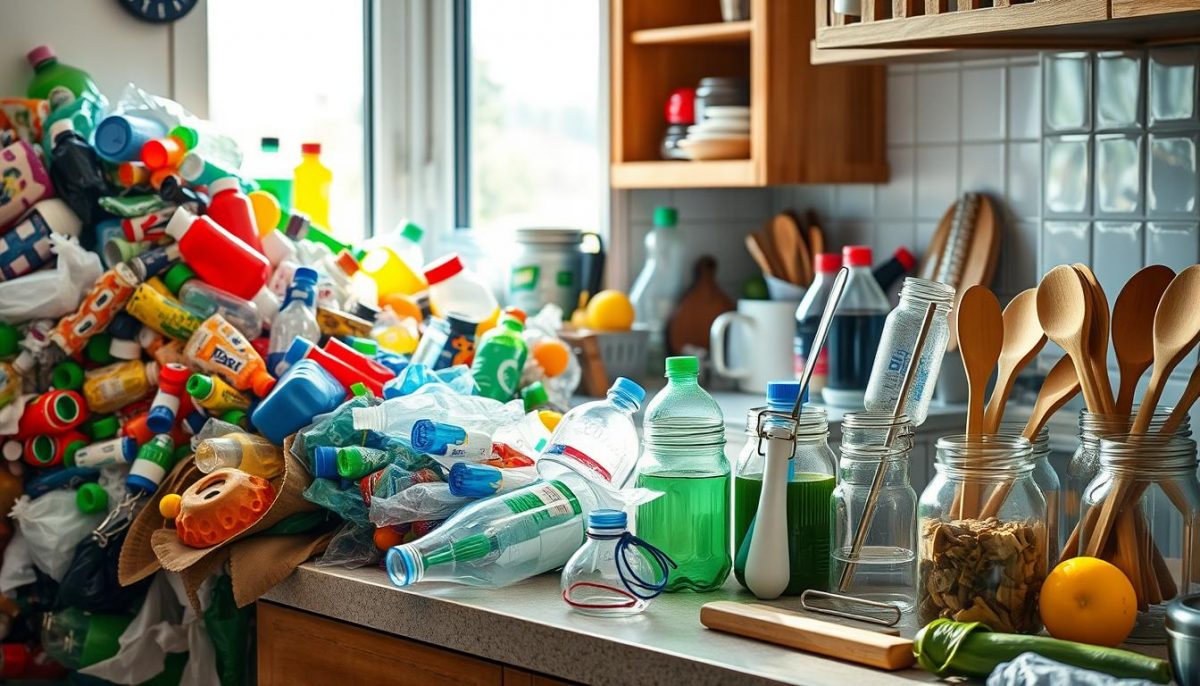
Plastic Free Kitchen: Simple Eco Swaps
Creating a plastic-free kitchen doesn’t have to be overwhelming. By making a few simple swaps for everyday cooking tools and storage solutions, you can significantly reduce plastic waste while embracing eco-friendly alternatives. Let’s explore how to replace those plastic utensils and find sustainable food storage solutions for a greener kitchen.
Replacing Plastic Utensils with Eco-Friendly Options
One effective way to cut down on plastic in your kitchen is to choose eco-friendly utensils. Bamboo utensils are not only biodegradable but also stylish and durable. Brands like Bamboozle and Eco-Products offer a variety of bamboo kitchen tools that make cooking enjoyable without the environmental impact of plastic. Additionally, stainless steel kitchenware is a fantastic alternative that can last a lifetime if maintained properly. By opting for these sustainable cooking tools, you are encouraging a shift away from single-use plastics and fostering a more sustainable cooking environment.
How to Choose Sustainable Food Storage Solutions
When it comes to food storage, selecting sustainable options is crucial. Glass containers like those from Pyrex and Glasslock provide excellent alternatives to plastic, ensuring your food stays fresh and protected. For on-the-go storage, silicone food bags are reusable and versatile. Furthermore, eco-friendly food wraps made from beeswax can effectively cover your leftovers while eliminating the need for plastic wrap. Research indicates that using these sustainable food storage solutions not only minimizes your environmental footprint but can also help reduce food waste by keeping your meals fresher for longer. Making these changes not only enhances your cooking experience but also contributes to a plastic-free kitchen.

